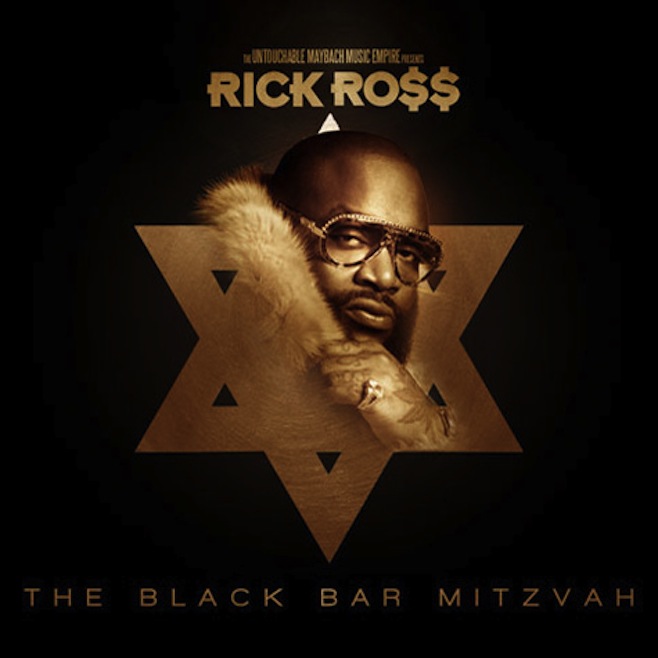This gallery contains 0 photos.
A sequence, by its nature, implies some sort of emotional continuity, but Anderson, gathering...Category Archives: Entertainment
“Death is no longer just a transparent formula; it has been hybridized with something worse: Business strategy”
“Hip-hop has not always been a safe place for Yiddishkeit”
“Musical genres are like unstable elements, constantly on the verge of breaking down”
“No one seems to remember that television networks are corporations to begin with”
“Hip-hop is having a Semitophilic moment”
“American culture rides forward on stories about sudden fame and bold ascent…TED is a display case for such stories”
This gallery contains 0 photos.
American culture rides forward on stories about sudden fame and bold ascent – the...From a military perspective, Hoth should have been a total debacle for the Rebel Alliance
From a military perspective, Hoth should have been a total debacle for the Rebel Alliance. Overconfident that they can evade Imperial surveillance, they hole up on unforgiving frigid terrain at the far end of the cosmos. Huddled into the lone Echo Base are all their major players: politically crucial Princess Leia; ace pilot Han Solo; and their game-changer, Luke Skywalker, who isn’t even a Jedi yet.
The defenses the Alliance constructed on Hoth could not be more favorable to Vader if the villain constructed them himself. The single Rebel base (!) is defended by a few artillery pieces on its north slope, protecting its main power generator. An ion cannon is its main anti-aircraft/spacecraft defense. Its outermost perimeter defense is an energy shield that can deflect Imperial laser bombardment. But the shield has two huge flaws: It can’t stop an Imperial landing force from entering the atmosphere, and it can only open in a discrete place for a limited time so the Rebels’ Ion Cannon can protect an evacuation. In essence, the Rebels built a shield that can’t keep an invader out and complicates their own escape.
When Vader enters the Hoth System with the Imperial Fleet, he’s holding a winning hand. What follows next is a reminder of two military truths that apply in our own time and in our own galaxy: Don’t place unaccountable religious fanatics in wartime command, and never underestimate a hegemonic power’s ability to miscalculate against an insurgency.
Spencer Ackerman, “Inside the Battle of Hoth“, Wired (February 2013)
Rap’s “lyrics present themselves as a problem to be solved”
As lyrically dense as rap can be, it’s no wonder that the lyrics present themselves as a problem to be solved, something to be organized either in wiki fashion or to be parsed like raw data. In wiki arrangement, the lyrics are treated as having no intrinsic value beyond the references they make; as raw data, they are done away with almost entirely. Both approaches belie an attitude that ultimately creates distance between the listener and the music: rap lyrics are data; rap lyrics are graphs. Rap lyrics are poetry to be read in your smoking jacket with a glass of Cognac…. Perhaps this is reflective of a certain discomfort that rap music’s ever-broadening fan base has with the genre (or a discomfort with its own outsider’s unfamiliarity with the genre). It at least suggests a nascent anxiety: that to appreciate the music in a direct and visceral or even emotional way would be untoward for the effete, urbane listener. It is hard to imagine this brand of wink-wink analysis happening to any other form of music….
Willy Staley, “What Is the Real Meaning of ‘Fanute’?”, The New York Times Magazine (15 July 2012), 49.
“Magazines were expected to be magisterial registers of the passing scene”
Magazines in their great age, before they were unmoored from their spines and digitally picked apart, before perpetual blogging made them permeable packages, changing mood at every hour and up all night like colicky infants—magazines were expected to be magisterial registers of the passing scene. Yet, though they were in principle temporal, a few became dateless, timeless.
Adam Gopnik, “Yellow Fever”, The New Yorker (22 April 2013), 102.


